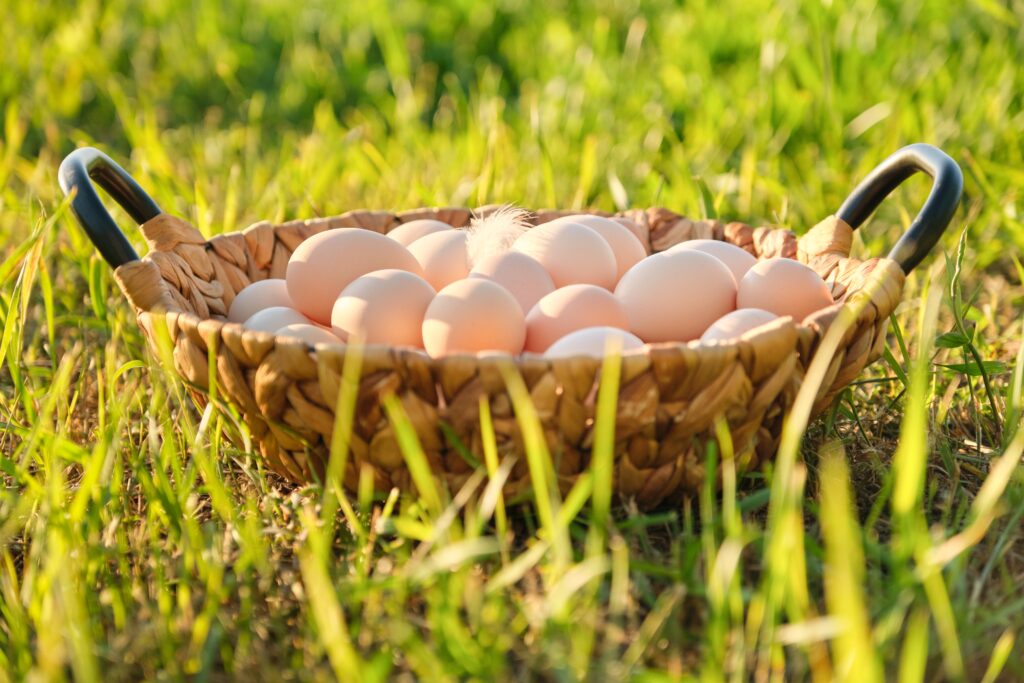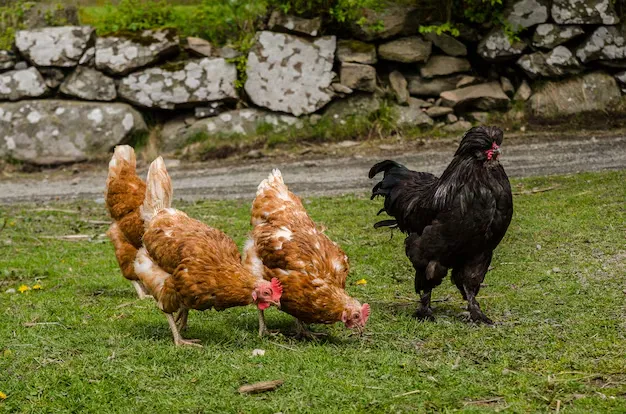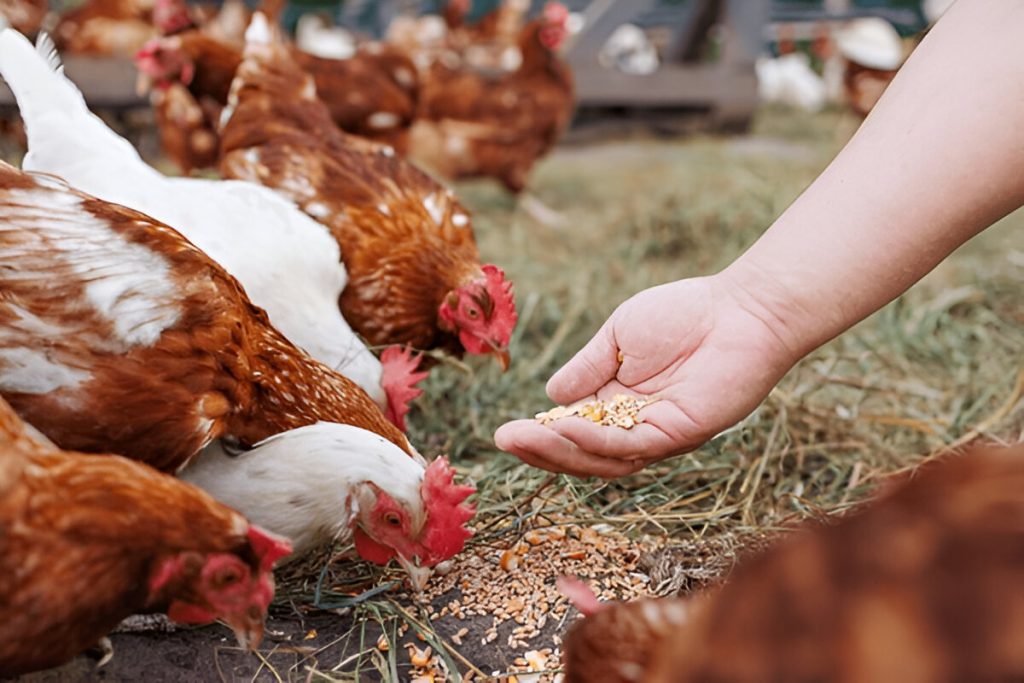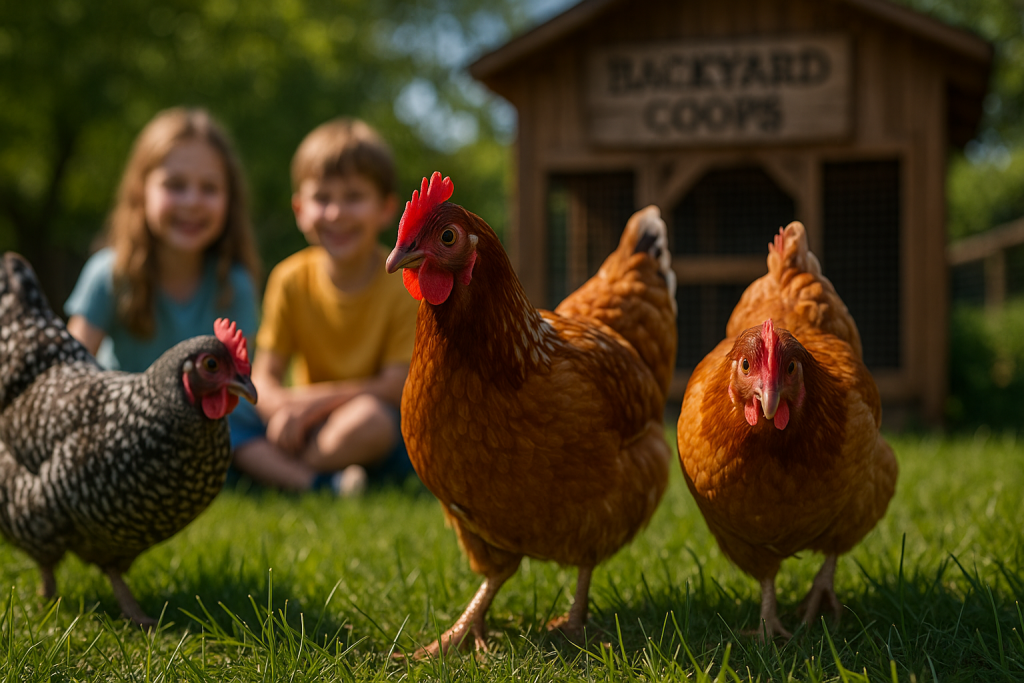Backyard chicken keeping is more than just a hobby for homesteaders, urban farmers, and hobbyists who want to live a sustainable life and eat fresh, organic eggs. Whether you’re looking to enjoy farm-fresh eggs daily or seeking a fulfilling backyard activity, selecting the best chickens for egg laying backyard is essential. With the right breeds, proper housing, and care, your backyard flock can thrive and reward you with a steady supply of eggs.
Why Backyard Chicken Keeping is Gaining Popularity
Backyard Chicken keeping has become very popular among hobbyists and urban homesteaders in the last several years. People like the concept of growing their own food, making less waste, and getting back in touch with nature. Chickens have a lot of perks besides fresh eggs.:
- Sustainable Living: Chickens recycle kitchen scraps into eggs and rich compost for your garden.
- Companionship: Many breeds are friendly and can become lovable pets for children and adults alike.
- Education: Raising chickens is a practical way to teach kids responsibility and life skills.
- Self-Sufficiency: Home egg production reduces reliance on store-bought eggs, which can be expensive and less fresh.
Backyard Chicken Keeping can be fun, educational, and good for the environment if you plan it right.
Choosing the Best Chickens for Egg Laying in Your Backyard
Choosing the correct breed is very important for a flock to do well. Some chickens are better at laying eggs than others, and some need more attention than others. Before you bring hens home, think about these things.
Factors to Consider Before Selecting Chickens
- Egg Production: Look for breeds known for consistent egg laying throughout the year.
- Temperament: Friendly and docile breeds are easier to handle, especially if children are involved.
- Climate Adaptability: Some chickens thrive in hot climates, while others tolerate cold better.
- Maintenance Needs: Consider your available time for feeding, cleaning, and health care.
Top Egg-Laying Chicken Breeds
- Rhode Island Red
- Egg Production: 250–300 eggs per year
- Temperament: Hardy, friendly, easy to manage
- Pros: Excellent egg layers, adaptable to various climates
- Cons: Can be a bit assertive in small flocks
- Egg Production: 250–300 eggs per year
- Leghorn
- Egg Production: 280–320 eggs per year
- Temperament: Active, alert, independent
- Pros: High egg yield, low-maintenance
- Cons: Not ideal for cuddling or small children
- Egg Production: 280–320 eggs per year
- Plymouth Rock
- Egg Production: 200–250 eggs per year
- Temperament: Calm, friendly, great for beginners
- Pros: Hardy, adaptable, good winter layers
- Cons: Moderate egg production compared to Leghorns
- Egg Production: 200–250 eggs per year
- Sussex
- Egg Production: 250–300 eggs per year
- Temperament: Gentle, docile, friendly
- Pros: Excellent layers, good foragers
- Cons: Can be noisy in large numbers
- Egg Production: 250–300 eggs per year
American Poultry Association. (2023)
Choosing the best chickens for egg laying backyard requires balancing egg production with temperament, climate, and space availability.
Creating the Perfect Home: Chicken Coops and Housing Tips
A safe and comfortable chicken coop is essential for healthy, happy hens. Chicken coops protect birds from predators, weather, and disease. Here are some tips to design an ideal coop:
- Space Requirements: Each hen needs at least 3–4 square feet indoors and 8–10 square feet in the run.
- Ventilation: Proper airflow prevents respiratory issues and keeps the coop dry.
- Predator Protection: Secure locks, fencing, and covered runs keep foxes, raccoons, and neighborhood pets away.
- Nesting Boxes: Provide one box for every 3–4 hens to encourage regular egg laying.
- Easy Cleaning: A coop with removable trays or droppings boards saves time and ensures hygiene.
By investing in a well-designed chicken coop, you ensure your backyard flock remains productive and healthy.
Feeding, Health, and Care Tips for Backyard Chickens
The diet and care of your flock directly affect egg production and overall health. Follow these essentials:
- Balanced Diet: Provide layer feed rich in protein, calcium, and essential nutrients. Supplement with kitchen scraps, grains, and fresh greens.
- Clean Water: Ensure constant access to fresh water to prevent dehydration and health issues.
- Health Checks: Regularly inspect your chickens for lice, mites, or signs of illness. Vaccinations and parasite control keep your flock strong.
- Environmental Enrichment: Chickens enjoy scratching, dust bathing, and exploring; it reduces stress and encourages natural behavior.
Healthy, well-fed chickens are more likely to lay consistently and thrive in your backyard environment. (University of Kentucky Cooperative Extension – Backyard Chickens)
Tips for a Successful Backyard Chicken Keeping Experience
If you prepare ahead and stick to it, keeping a flock in your backyard can be easy::
- Start Small: Begin with 3–6 hens to understand their needs before scaling up.
- Consistent Routine: Feeding, cleaning, and egg collection should follow a daily schedule.
- Seasonal Care: Prepare for winter by insulating the coop and summer by ensuring shade and hydration.
- Record-Keeping: Track egg production, feed consumption, and health to optimize flock management.
By following these tips, your backyard chicken keeping experience will be rewarding, educational, and productive.







